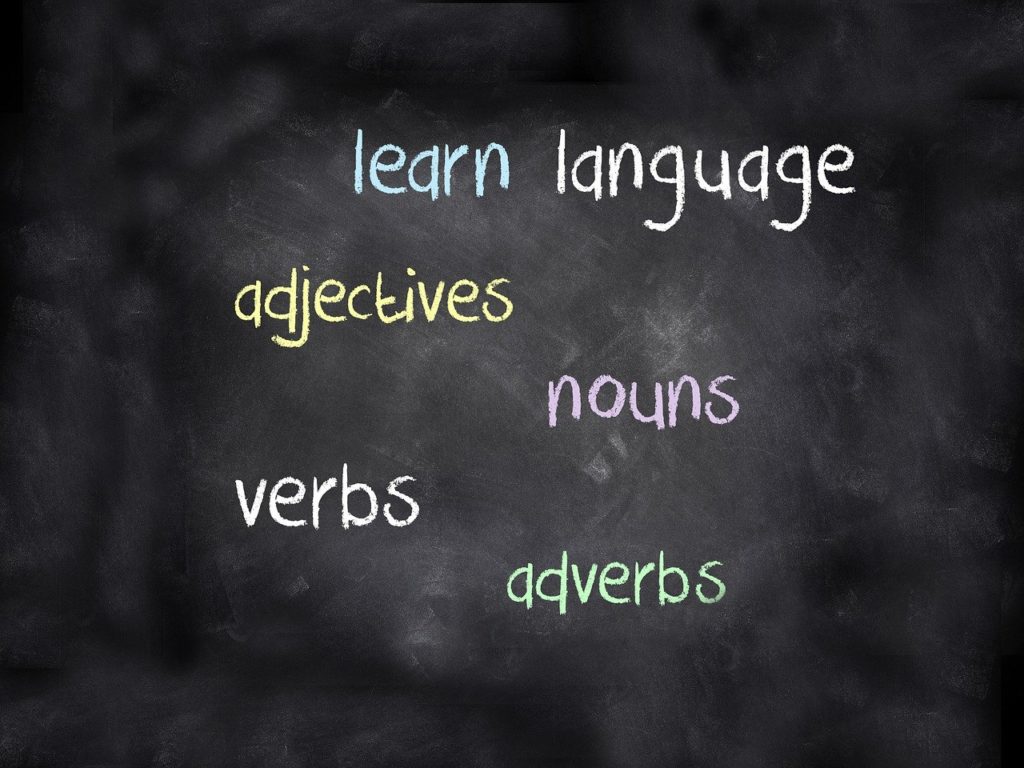It doesn’t matter how long you’ve learned Mandarin Chinese, as long as you wish to speak Mandarin Chinese fluently, you need to know the following 5 tips.
When speak Mandarin Chinese, don’t ignore tones and pronunciation
There are very few languages have tones, Mandarin Chinese is one of them. If you wish you can speak Mandarin Chinese fluently, then you have to pay more attention to tones. The same as pronunciation.
I am not saying you have to pronounce like a native Mandarin Chinese speaker. What you need to do is to focus on this, don’t ignore it.
Start from your first day of learning Mandarin Chinese, listen to it very carefully. If you are not used to “tones” and Mandarin Chinese, it is hard to get their sound and different. But as long as you keep focusing on them, you will find your improvement.
Know what Mandarin Chinese you are saying
This is very important. Sometimes, when my students say something wrong, I ask them to repeat what they say and try to clarified what the mistake is. However, about half of them couldn’t tell me what they just said. The answer from them normally is: I have no idea what did I pronounce, I just pick up anything “sounds like”. That is the problem.
As the other 50%, they know what they were saying. What they say is exactly what in their mind. However, sadly to say that the information they remember was wrong. That is the reason they couldn’t let people understand them.
Pay more attention to what you say and what you try to remember. When speak Mandarin Chinese, you need to know what you are saying.
Clear is always better than fast
Don’t try to speak Mandarin Chinese fast. Of course, when we speak your mother language, we can speak very fast, but not to a newly learned language.
Language is for communication. The purpose is to let people understand us. Speed is not for speaking training, it should be for listening.
Say everything clearly. Not only your pronunciation, but also the meaning. Present yourself clearly. Focus on accuracy, in stead of “sounds like a native speaker’s speed”. I didn’t say you need to use a very slow speed when speaking Mandarin Chinese. What I want to express is: speed should not be your goal in the beginning, natural is good enough.
Simple but correct can increase your fluency when speaking Mandarin Chinese
Sometimes, when I asked beginner students to do presentation, one of the common problems comes form here: they wish they can express very complicated idea through certain advanced vocabularies.
Frankly to say, this kind of presentation is terrible. Not only me, their teacher, but also their audiences, no one really understand what they want to show to us.
As a beginner, build up your skills step by step. One day you will have the ability to explain a very complicated concept through a lot of advanced vocabularies. Just be patient.
Accuracy should be put in the first place when you are trying to build up the foundation.
Repeat what you hear is very useful if you want to speak Mandarin Chinese fluently
It sounds very simple, but very useful. When study Mandarin Chinese, listen to your test book or videos is a good way to practice. However, repeat what you hear is a batter way to improve your speaking skills.
First, when repeating it, you must know what you are saying. Second, you can check your pronunciation immediately with what your teacher said. In your mind, you still keep both, yours and your teacher’s.
That make the differences become very clear. Also, it will easier to “copy” the correct sentences within just 2 seconds later.
What you need to do is to follow up what you hear. It won’t take you much time, but really good to you. Or, you can follow up everything in Mandarin Chinese you hear. Only to be careful about the speakers, if he or she can offer you good content or not.
Those five tips can helps you to improve you Mandarin Chinese speaking skills, really worth you to try.
Here you can read about How to practice Mandarin Chinese when you are not surrounded by it
Free useful document to download 8 smart ways to think in Chinese
If you are interested in knowing more about me, please click here






















